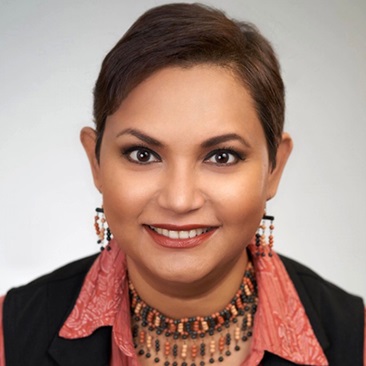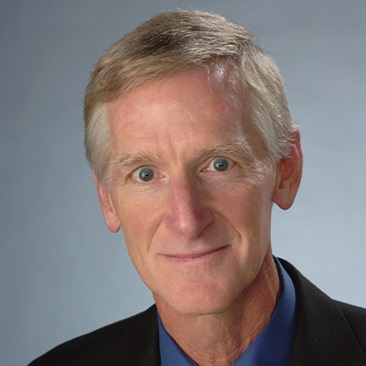Sultana Discusses the UN Climate Change Conference (COP28) with BBC Newshour, CBC Radio, NY Times
December 13, 2023
BBC,CBC News,The New York Times,Truthout
The U.N. Climate Change Conference (COP28) concluded on Dec. 12 in the United Arab Emirates, and the future of fossil fuels was at the forefront of discussions.
Many people at COP28 were hoping for a deal that will finally include language requiring signatories to phase fossil fuels out, but that is proved to be a clash point. A record number of fossil fuel industry lobbyists were at this year's conference, and oil-producing countries were standing in firm opposition to a deal that targets fossil fuel.
"One of the challenges that's coming out of the COP is a focus on language rather than actual politics," Farhana Sultana, professor of geography and the environment, tells CBC Radio. "So we can talk about abated/unabated [fossil fuels], whether there's possibilities for different forms of use, which source it's coming from. But I think what we really need to focus on is the overall production."
In her interview on BBC Newshour (starts at 30:00), Fultana says, "My concern is that while we have named fossil fuels as the culprit, the need for transition at 2050 is quite far away. We don't really ratchet down fast enough in my opinion, to really stay under 1.5 [degrees Celsius]."
Sultana was also quoted in the New York Times article, " A Climate Summit Begins With Fossil Fuels, and Frustration, Going Strong."
"As the world prepares for COP28, the onus is on global leaders, corporations and individuals to rise to the occasion and champion the cause of climate justice," says Sultana and Saleemul Huq, a Bangladeshi scientist who died in October.
She also authored the piece, "Fossil Fuel Exec Is Slated to Lead COP28. We Must Decolonize Climate Governance," published in Truthout.
Related News
Commentary

Apr 24, 2025
Commentary

Apr 24, 2025
Commentary

Apr 23, 2025

